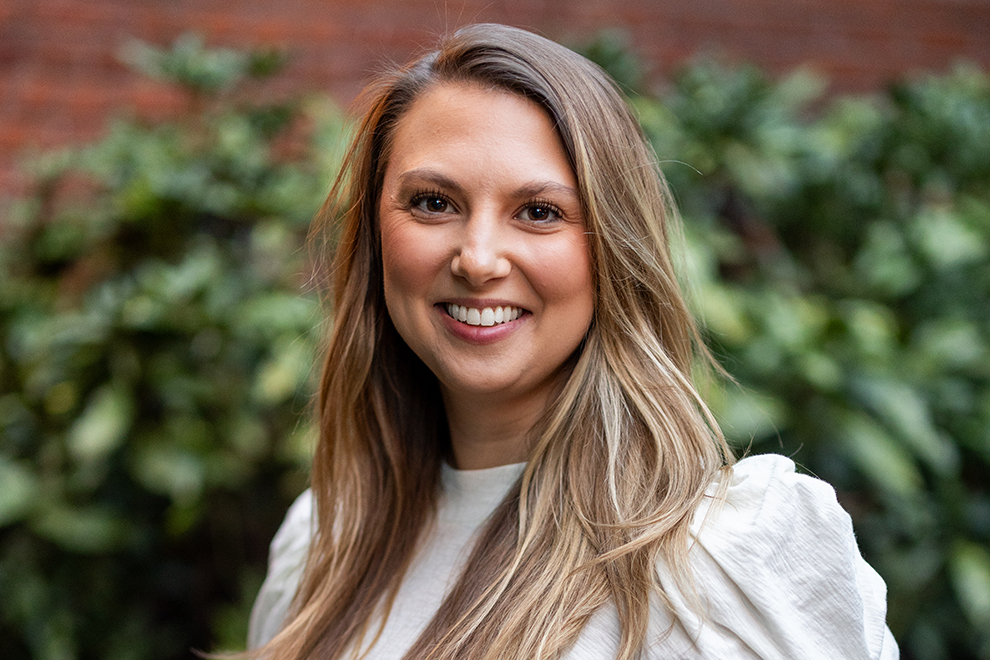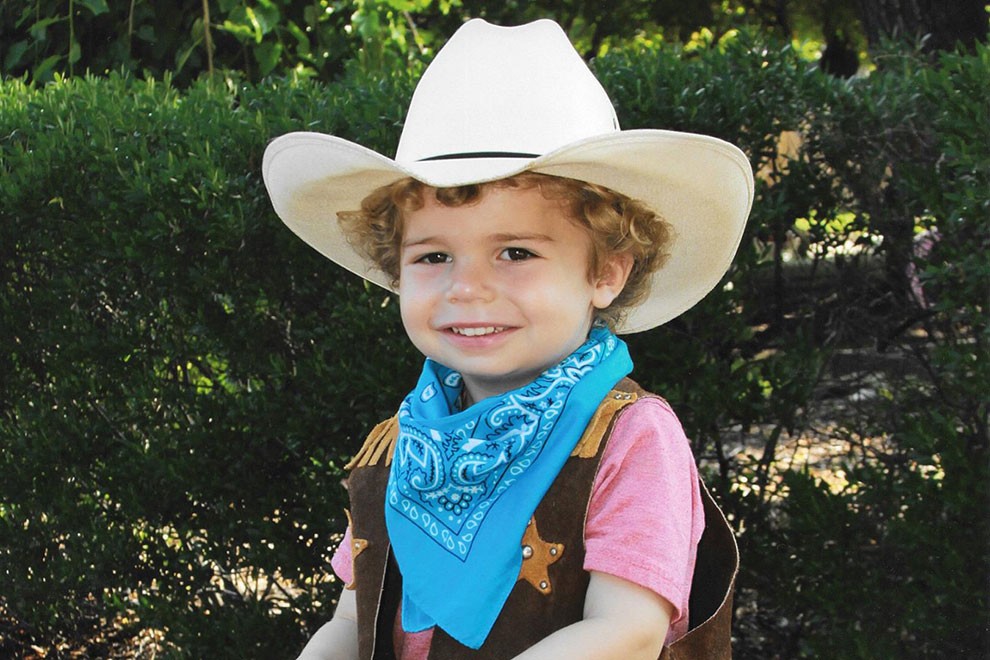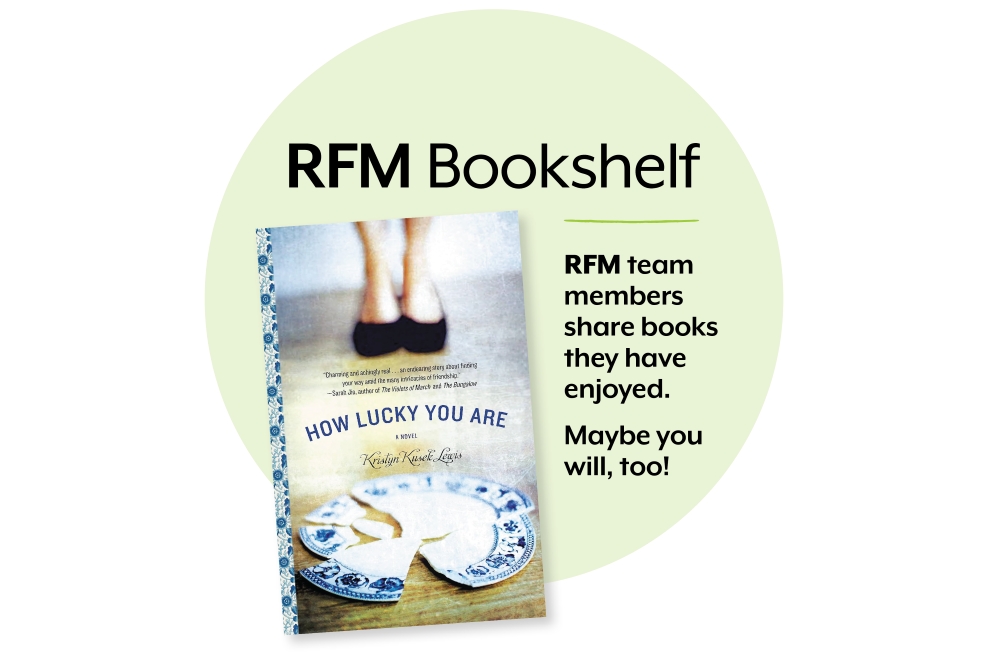“Life today for most families is characterized more by randomness and improvisation than rhythm. Tuesday wash day? Cookies and milk after school? Sunday roast beef dinner? With both parents usually working outside the home, these kinds of weekly markers may sound more quaint than realistic,” writes Kim John Payne, author of Simplicity Parenting. However, if you’re looking for ways to ease daily tension, Payne claims you need to increase the rhythm of your home life.
“Meaning hides in repetition,” argues Payne. According to Simplicity Parenting, it sends the message that “We do this every day or every week because it matters.” Payne acknowledges you might be inclined to argue, “But my family is way too busy to have any kind of rhythm to our days.” His response, “The busier your life, the more your children need and will benefit from the establishment of a sense of rhythm.”
“Rhythm calms and secures children, grounding them in the earth of family so they can branch out and grow.” Payne continues, “For parents, the advantages of rhythm are equally pronounced. Rhythm carves the necessary channels for discipline, making it more intrinsic than imposed. Where well-established rhythms exist, there is much less parental verbiage, less effort, and fewer problems around transitions.”
Be it books at bedtime, dinners together, or regular walks – Payne believes, “By being a parent that commits to regularity…you become, by extension, a parent kids can be with, doing nothing.” According to Payne, this provides your child with a profound comfort, “a sense of ease that doesn’t depend on a shared interest, activity, or conversation.” He believes, “The magic of rhythm is in the process, not the particulars.” According to Simplicity Parenting, “Any repeated ‘note’ or activity of the day can be made more rhythmic.” Take, for example, Payne’s suggestion to have children practice their musical instruments in the morning after breakfast when they are rested. Even a child slow to wake up will balance theirs mood by playing music, claims Payne.
Like Nurture Shock by Po Bronson and Ashley Merriman (a previous Parenting by the Book title), Payne also presents compelling information to support the necessity of scheduling enough time to sleep. Payne writes, “According to studies done by Dr. Avi Sadeh of Tel Aviv University, the performance gap caused by just one hour’s less sleep was equivalent to the normal gap between a sixth-grader and a fourth-grader. In other words, your sixth-grader who’s going to school sleepy may be learning and behaving at a fourth grade level.”
Now, I know what you’re thinking. I hear it whenever I say I’m trying to avoid overscheduling. You’re not one of those parents who pushes their kids. You just want to give your kids opportunities that you never had. Besides, everyone’s busy. “But just as too many toys may stifle creativity,” Payne explains, “Too many scheduled activities may limit a child’s ability to direct themselves, to fill their own time, to find and follow their own path…The overscheduled child doesn’t ever get the opportunity to motivate or direct herself.” According to Payne, “Activity without downtime is ultimately – like a plant without roots – unsustainable. This is why he prescribes boredom three times a day, preferably before meals.
Still, “Each year more than fifty-two million American children participate in organized sports leagues, according to the National Council of Youth Sports.” Like Talent is Overrated by Geoff Colvin (another PBB title), Payne shares the research that indicates that you need 10 years and 10,000 hours of practice to become an expert in something and contends parents need to “stop trying to get it all in the first two years.”
Contrary to popular belief, starting sports earlier and with more intensity is not even going to result in a college scholarship, much less a professional athlete. According to the Journal of Sports Behavior, “By tenth grade, more than 90 percent of high school sophomores had dropped out of an organized sport they’d started.” Payne attests, “Many kids are quitting as they approach adolescence, just when the structure and rigors of organized sports and martial arts have so much to offer them in their quest for individuality, in dependence, and maturity.” The reality is that “A child’s love of an activity is not enough to protect him or her from the effects of pursuing it too much, and too soon.”
Perhaps, Payne’s most compelling case for less, however, is that our children’s reliance on outer stimulation, culture compulsion, and instant gratification is actually laying the foundation for addictive behaviors. Payne claims, “You can see the shadow of overscheduling in this definition of addiction given by my colleague Felicitas Vogt: ‘an increasing and compulsive tendency to avoid pain or boredom and replace inner development with outer stimulation.’”
The word-smith in me loved how Payne compared life to a run-on sentence. Downtime – its punctuation. So let your kids play. Console the anxious parent in you by focusing on Payne’s reminder that free play builds inner flexibility. After all, Payne argues, “the ordinary allows for the exceptional, but not the reverse.”
Like Parenting by the Book on Facebook or follow @WinterhalterV on Twitter for updates on blog posts.
Read my other blog Befriending Forty.




